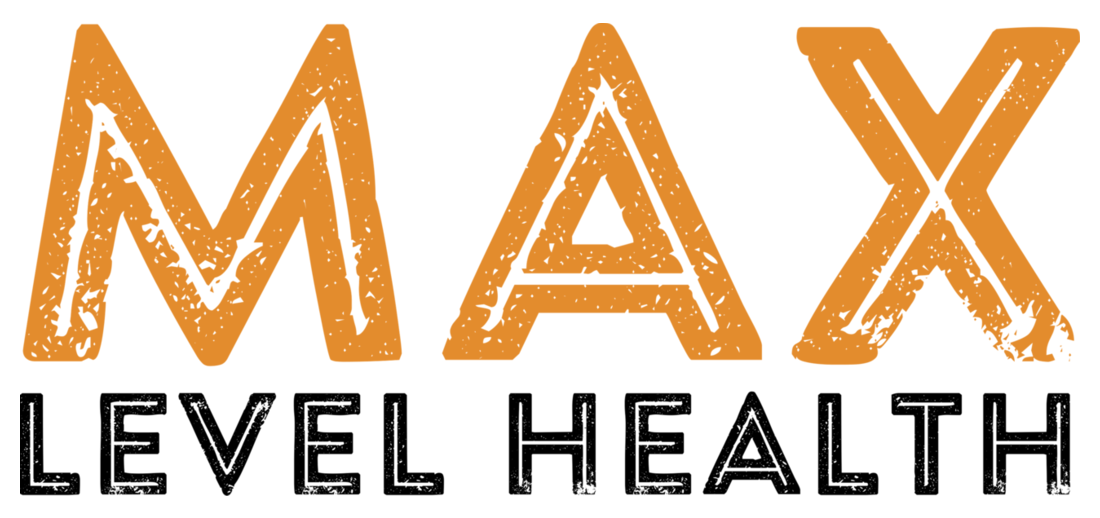Here is a list of terms and definitions that are proven to be useful and important. You may have heard theses terms before or perhaps read them straight from the printing press. You may hear me reference any of these within our sessions, especially if it’s more on the psychology or hypnotic side of linguistics. This is a great place to start for basic understanding.

Affirmation – Affirmation is a method for creating, strengthening, and encouraging positive ‘self-fulling’ processes. “Affirmation” essentially involves the verbal assertion and reinforcement of empowering beliefs.
Anchor – Refers to the process of associating an internal response with some environmental or mental trigger, so that the response may be quickly, and sometimes covertly, recessed.
Cognitive Behavioral Therapy – Cognitive behavioral therapy (CBT) is a form of psychological treatment that has been demonstrated to be effective for a range of problems including depression, anxiety disorders, alcohol and drug use problems, marital problems, eating disorders, and severe mental illness.
Conscious Mind– Your conscious mind is your objective or thinking mind. It identifies incoming information, makes comparisons, conducts analysis, and makes a decision based upon that information. Consciousness requires attention.
Behavior – an individual expression of all the filter system we each use to explain and express our world.
Belief – A state or habit of mind in which conviction of trust or confidence is placed in some person or thing.
Habit – Something that you do often and regularly, sometimes without knowing that you are doing it.
Environment – The aggregate of external agents or conditions—physical, biological, social, and cultural—that influence the functions of an organism. This broadly includes all that is natural on the planet as well as social settings, built environments, learning environments and informational environments.
Holistic – Relating to or concerned with complete systems rather than with individual parts. Involving the network and connections between two or more systems.
Emotion – Is a condition that affects the entire organism and influences how successfully it interacts with its environment.
Emotional Intelligence – Refers to the ability to identify and manage one’s own emotions, as well as the emotions of others.
Hypnotic Phenomena – Refers to the types of responses that you can create in a person whilst hypnotized. It can be used during the hypnotherapy in order to help facilitate therapeutic change.
Locust of Control – Locus of control refers to the degree to which an individual feels a sense of agency in regard to his or her life. Someone with an internal locus of control will believe that the things that happen to them are greatly influenced by their own abilities, actions, or mistakes. A person with an external locus of control will tend to feel that other forces—such as random chance, environmental factors, or the actions of others—are more responsible for the events that occur in the individual’s life.
Mantra – a word or sound repeated to assist with concentration in meditation.
Meditation – is a mental exercise that trains attention and awareness. Also stated to be a profound and extended contemplation or reflection in order to achieve focused attention or an otherwise altered state of consciousness and to gain insight into oneself and the world.
Meta – Usually defined as beyond, behind, change, or alteration.
Mindfulness – is awareness of one’s internal states and surroundings.
Neuro-Linguistic Programming – Consists of models, techniques and strategies to help us understand how the language we use influences the way we think and the results we get. The field of NLP arose partially as a result of the combination of behaviorism and cognitive psychology. Agreed to have started in the early 1970’s in Santa Cruz, California, when Richard Bandler, a 20-year-old psychology student at U.C. Santa Cruz, met and became friends with Dr. John Grinder, who was in his late 20’s and an associate professor of linguistics at the college.
Neurology – this is abranch of medical science that is concerned with disorders and diseases of the nervous system.
Neuron – the basic cellular unit of the nervous system. Each neuron is composed of a cell body; fine, branching extensions (dendrites) that receive incoming nerve signals; and a single, long extension (axon) that conducts nerve impulses to its branching terminal.
Noob/Newb – a person who is inexperienced in a particular sphere or activity, especially computing or gaming. A person who gets pwned.
Psychology – Scientific study of the mind and behavior.
Pwned – A misspelling of the word “owned.” This originated in an online game called Warcraft, where a map designer misspelled “owned.” When the computer beat a player, it was supposed to say, *insert username* “has been owned.”
Reframe – a process of reconceptualizing a problem by seeing it from a different perspective.
Trance – Dream-like state, are an altered state. Trances can be used for anything from relaxation to thinking about solutions to questions you might have.
Unconscious Mind – The unconscious is the vast sum of operations of the mind that take place below the level of conscious awareness. Scientists know that even fleeting perceptions—too swift to register on conscious awareness—can leave lasting imprints on the unconscious mind. Consciousness requires attention, but information can register in the absence of directed attention. The unconscious is the repository of automatic skills, the source of stored memories, fantasy, and dreams.
Value – Values are high-level generalizations that describe that which is important to you and also known as criteria.


